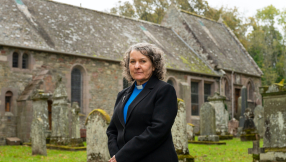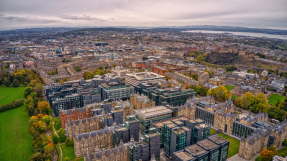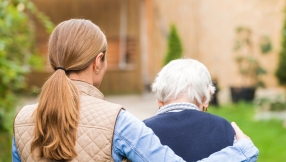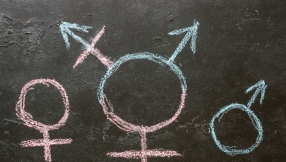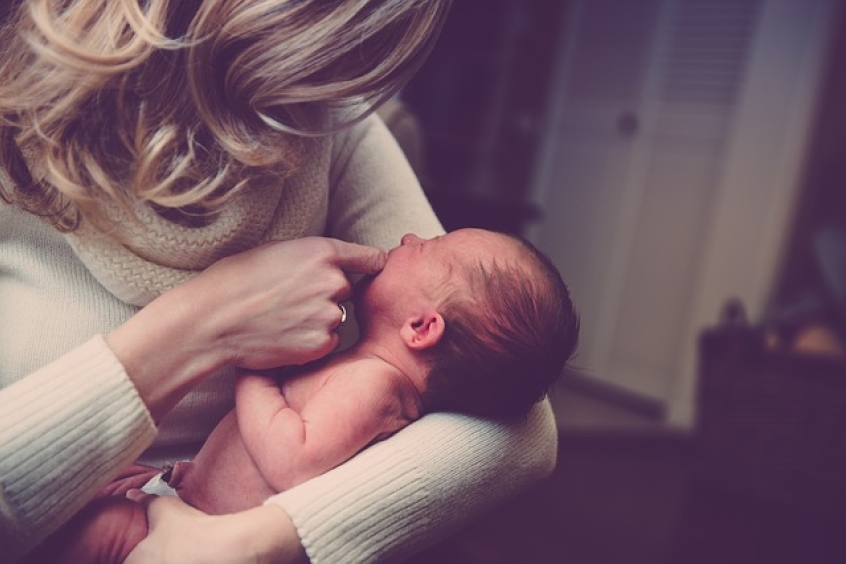
Babies kicking inside the womb is a familiar part of the pregnancy experience but new research suggests this movement may be serving a vital role in the development of the unborn child.
A study by researchers at University College, London found that unborn babies kicking in the womb may be trying to explore their surroundings and develop a sense of their own body.
For the study, published in Scientific Reports, researchers looked at the movements of 19 newborn babies aged two days old. The sample group included some premature babies who gave an insight into what their behaviour would be like if they were still in the womb.
The researchers measured the brainwaves produced when newborn babies kicked their limbs during rapid eye movement (REM) sleep and found a correlation with activity in parts of the brain that process the senses.
They found that when the babies moved their right hand during REM sleep, the action triggered brainwave activity in the left brain hemisphere - the region of the brain responsible for the sense of touch in the right hand.
The brainwave activity was found to be the strongest in the premature babies, who would normally still be in the womb at the time they were born. Common across all the babies was the disappearance of the rapid brain activity by the time they were a few weeks old.
The researchers concluded that kicking in the third trimester helps babies to develop the parts of the brain responsible for sensory input and makes it possible for them to 'map' their own bodies.
Study author Dr Lorenzo Fabrizi, of UCL's neuroscience, physiology and pharmacology department, said previous studies had shown that spontaneous movement and 'feedback from the environment' supported brain mapping in rats but this was the first time evidence had been found to support a similar developmental process in humans.
'Here we showed that this may be true in humans too,' he said.
Fellow researcher Kimberley Whitehead said the findings could help hospitals improve on the care they provide for babies born premature.
'For example, it is already routine for infants to be 'nested' in their cots – this allows them to 'feel' a surface when their limbs kick, as if they were still inside the womb,' she said
'As the movements we observed occur during sleep, our results support other studies which indicate that sleep should be protected in newborns, for example by minimising the disturbance associated with necessary medical procedures.'










